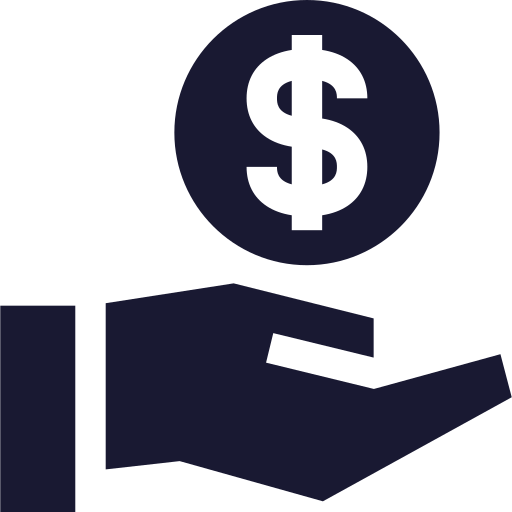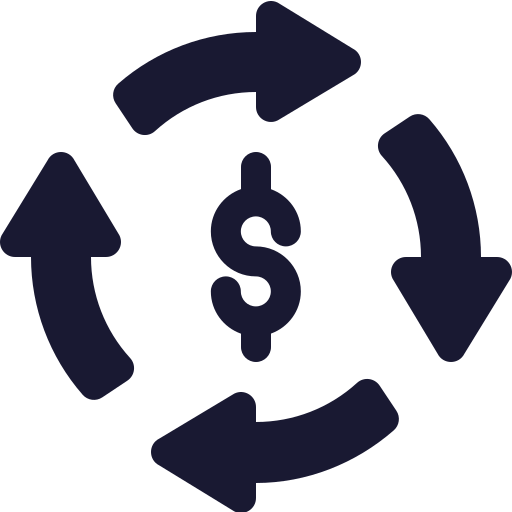In this Q&A blog post interview, you will learn about Dr. Talal Sharaiha’s thoughts on a medical device company, how to start your own, and some tips/strategies based from his experiences. If you’re a physician planning to build your own medical device company, this blog post might be helpful for you!
On Background
1. Please tell us a bit about your personal story, growing up, and medical training.
I was born and raised in Jordan from a classical hard working doctor family. I got a chance to go to an international high school in Italy on a scholarship and also do my medical school in London, UK. This opened my eyes to the beauty of travel and living in different countries with various culture interactions. I have since worked as an ER doctor in Australia, then came to the US to further my career in medicine.
2. As a physician, what made you develop interest in medical device companies? What were your motivating factors?
I am a problem solver. The problems that I witness regularly are related to my clinical work in hospitals, hence my interest in medical devices. I was also foreseeing that a clinical career was not going to continue to be fulfilling for me. The motivation came from a deeper sense of purpose. I wanted to disrupt the healthcare space on a larger scale as opposed to treating one patient at a time.
As a Physician Entrepreneur | As an Owner of a Medical Device Company
3. As a physician entrepreneur and owner of one of the thriving medical device startups in the US, what is your main motivation?
With entrepreneurship, the motivation has to be more visceral than conscious. There is a great story out there about Sigmund Freud and his disciple Theodor Reik, where one day they ran into each other in Vienna and Freud asked him about his plans. Theodor expressed some doubt about his career. “I can only tell you of my personal experience,” Freud said. “When making a decision of minor importance, I have always found it advantageous to consider all the pros and cons. In the vital matters, however, such as the choice of a mate or a profession, the decisions should come from the unconscious, from somewhere within ourselves. In the important decisions of our personal life, we should be governed, I think, by the deep inner needs of our nature.”
4. How do you balance your medicine career while trying to grow your medical device company?
I started doing part time locum work to get some money whilst I was starting up my device company. I bridged the gap between both careers for 5 years until my medical device startup started taking off. I would tone down the locums work when things got busy in my startup and ramp up the shifts when things got quiet. Once we got some serious investors on board, I had to go full time and leave my clinical career behind. The time to let go of my medical career was the time I was able to provide myself a humble salary through my startup.
About Aspisafe Solutions
5. As the owner of this medical device company, what is your company’s unique value proposition?
We are disrupting the feeding space. Initially, the company aimed to solve the problem of aspiration pneumonia in tube fed patients. Now however, we are disrupting many issues in the feeding device space, including dislodged nasogastric tubes and malnutrition in tube fed patients, inside and outside the ICU.
The feeding device market is generally an ignored market, because it is such a niche space, a lot of the devices out there have not been improved upon for decades.
6. Considering that there is a growing opportunity for medical device companies in the US, how do you differentiate your company from others?
The shortest answer is Intellectual Property. This is the main way lifescience companies would have to protect themselves from competition. Having patents is a very important contribution to the value of a device company. Furthermore, the pathway to get to FDA clearance is so tortious and cumbersome that this alone acts as a strong barrier to entry, thus reducing the level of competition in the lifescience startup space.
Challenges and Milestones
7. Tell us some of your special milestones as a physician entrepreneur managing one of the thriving medical device companies in the US.
Getting to a functional prototype is the biggest milestone early on. We did two and half years of engineering before we got to something that works. This is the time when I was taking the risk myself and self funding the venture. Getting a patent was also an important milestone that we reached. This is extremely important for fundraising.
8. Tell us the major challenges you faced in your entrepreneur journey.
The biggest challenge to any startup is funding. Without funding, there is no chance one can be successful. It was very tough to get some funding initially as the risk for early stage device companies is very high. Most larger venture funds would be interested once the product is already tried in humans, or FDA cleared. This leaves a large funding gap between the device development and FDA clearance. Some call this the valley of death. To overcome that, we targeted strong individual angel investors and leveraged our network heavily after.
Other major challenges are related to the medical device engineering/manufacturing wheelhouses out there. It is tough to find the right people to be able to design your product at the right price and with an accurate timeline. In the lifescience space it is said to take the time and money needed for device development and at least double them! Adhering to a timeline is fictional.
From a mental standpoint, the path in entrepreneurship is very lonely, especially if you are a solo founder. You really need the mental strength to endure this.
Favorites
9. Favorite book that focuses on entrepreneurship?
The Lean Startup
The Founder’s Dilemma
The Four Steps to the Epiphany
10. Favorite quote
“Be the change you want to see”
Tips for Physician Entrepreneurs / Physicians Who Want to Start Investing in Medical Device Companies
11. Why do you think it is important for physicians to invest in medical device companies even though they have a high earning profession?
I do not think it is important. I think physicians should certainly be investing some of their savings based on their risk tolerance.
12. Please share any key advice you have for budding physician entrepreneurs.
There are lots of ways to enter the entrepreneurship space without leaving your clinical career. I would join the society of physician entrepreneurs as a starting point. However, if you are considering leaving your clinical career then you best come and talk to me or seek advice from people who crossed this bridge.
13. What tips/strategies would you recommend physicians who are planning to invest in medical device companies for the first time?
If doctors are interested in investing in medical device startups I suggest they join some of their local angel network groups, especially the ones that focus on lifescience investments. This would be the best way to vet the medical device startups they come across.
Conclusion | Medical Device Company
14. For physicians who are eager to learn more about medical device companies – What is the best way for them to get in touch with you?
I can be reached via LinkedIn. That would be the easiest way to get hold of me.
Here at PhysicianEstate, we welcome all physician entrepreneurs to learn about commercial real estate investments, rental property investments, and wealth generation. We encourage all physicians to eventually become real estate physician investors. We know a great deal about Who – What – Why – How.
Stay in touch with us by signing up for our newsletter. The newsletter will keep you up to speed on the current real estate investments we are looking at, provide physicians with investment opportunities, and much more.
Legal Disclaimer: This is not investment advice. I am not a legal and/or investment advisor. This is my personal blog, and all information found here, including any ideas, opinions, views, predictions, forecasts, commentaries, suggestions, or stock picks, expressed or implied herein, are for informational, entertainment or educational purposes only and should not be construed as personal investment advice. These are my views, it is not a production of my employer, nor is it affiliated with any broker/dealer or registered investment advisor. While the information provided is believed to be accurate, it may include errors or inaccuracies. To the maximum extent permitted by law, PhysicianEstate disclaims any and all liability in the event any information, commentary, analysis, opinions, advice and/or recommendations prove to be inaccurate, incomplete or unreliable, or result in any investment or other losses. You should consult with an attorney or other professional to determine what may be best for your individual needs. Your use of the information on the website or materials linked from the Web is at your own risk.



















